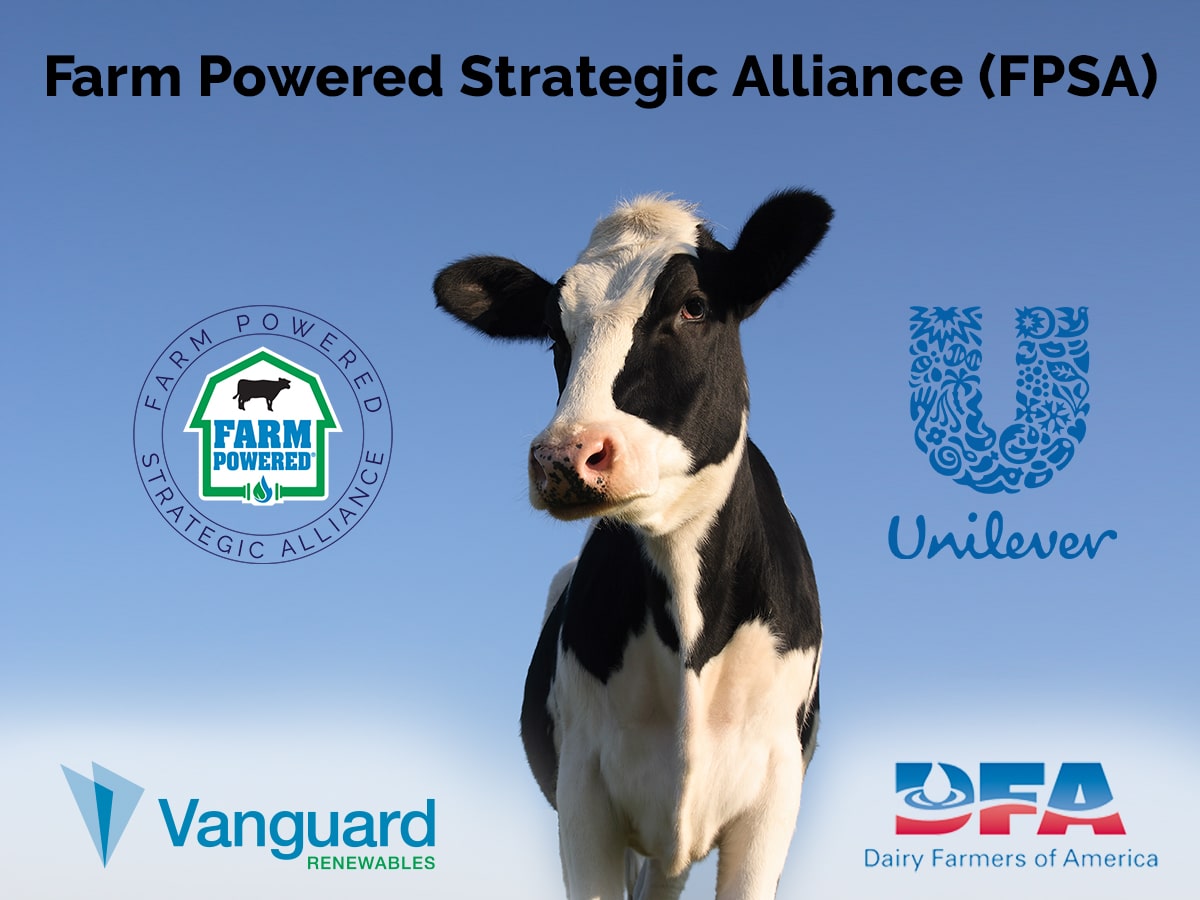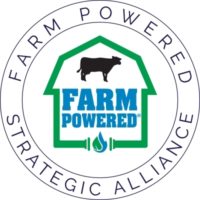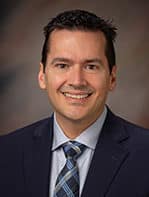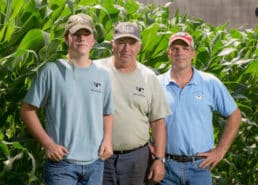
Unilever and Starbucks join biogas alliance
Big brand lattes, ice-cream and mayonnaise are set to take biogas to Main Street, USA.
Starbucks, Beyer’s and Hellmann’s are among a host of foods that will become more environmentally friendly with Unilever and Starbucks joining a ‘strategic alliance’ to use anaerobic digestion to ‘reduce and eliminate’ food waste down their respective supply lines.
 America’s Vanguard Renewables are the prime movers behind the Farm Powered Strategic Alliance (FPSA), with the milk marketing co-operative Dairy Farmers of America (DFA) joining the global food industry leaders as a founding partner.
America’s Vanguard Renewables are the prime movers behind the Farm Powered Strategic Alliance (FPSA), with the milk marketing co-operative Dairy Farmers of America (DFA) joining the global food industry leaders as a founding partner.
Unilever has indicated the initiative could become part of its global strategy to reduce greenhouse gas emissions from its operations. The company aims to halve its global carbon footprint by 2030.
A spokesman for Unilever told the World Biogas Association, “While this is a US initiative, Unilever has a global commitment to be carbon neutral in our operations by 2030. Partnering with companies such as Vanguard Renewables creates the opportunity to reduce emissions from food waste and to create access to renewable natural gas that can be used to lower Unilever’s greenhouse gas emissions.”
The Farm Powered Strategic Alliance (FPSA)

Vanguard Renewables has been a turbo charged developer of organics recycling through anaerobic digestion under the Farm Powered trademark since it launched operations in 2014. The company is a serial award winner for its pioneering and innovative approaches and currently has more than 20 facilities in operation, construction and development.
Early last it launched its first strategic alliance, with the DFA and Dominion Energy, initially releasing $200m for AD development across five states. The latest alliance will allow a new wave of development to be unleashed, including in metro areas.
Underpinning the FPSA is a long-term feedstock supply and output purchase guarantee. Members such as Unilever commit to sending their endemic waste to a Vanguard Renewables AD facility and to purchase the resulting renewable natural gas (RNG aka biomethane) to lower the company’s dependence on fossil fuels.
The principles of the waste hierarchy are embedded in the alliance agreement, which requires FPSA members to commit to reducing food waste from manufacturing and the supply chain, repurposing solely wastes that cannot be eliminated into renewable resources via Vanguard Renewables farm-based anaerobic digesters.
‘Join us to fight climate change and regenerate nature’

“This unprecedented commitment by food industry leaders to the FPSA is a call to action for others to follow to impact climate change and shape a sustainable future for America and the planet,” said John Hanselman, Chairman and CEO of Vanguard Renewables. “This transformative movement will repurpose food waste that cannot be eliminated into renewable energy and low carbon fertiliser for farm use. Working with our Alliance partners we plan to expand our organics recycling footprint to all major metro areas nationwide.”
In the US more than 40% of all food produced ends up being discarded. Ale Eboli, Head of Supply Chain Operations for Unilever North America, said, “Unilever is accelerating action to fight climate change, regenerate nature and preserve resources. We are excited to join the FPSA and are inspired by their vision to repurpose our unavoidable food waste to support renewable energy production and regenerative agriculture on farms across America. We cannot transition to a low carbon economy alone and encourage other businesses to join us in this crucial alliance.”
Empowering family farms

David Darr, DFA VP and Chief Strategy and Sustainability Officer, said, “DFA has been working with Vanguard Renewables for more than six years to empower family farms and support a more circular economy/ AD can change the economics and carbon footprint of a farm, allowing generational sustainability and energy independence.”
DFA member Peter Melink (pictured, 3rd right) of multi-generational Bar-Way Farm in Deerfield, Massachusetts, said, “If you’re just  going to milk cows or grow lettuce that’s really hard because it’s cyclical; you need to be diversified and not depend upon just one income stream. A lot of dairies have been really struggling; the Farm Powered AD has been an important part of making our farm sustainable.
going to milk cows or grow lettuce that’s really hard because it’s cyclical; you need to be diversified and not depend upon just one income stream. A lot of dairies have been really struggling; the Farm Powered AD has been an important part of making our farm sustainable.
The Agriculture Resilience Act, which was placed before Congress in March 2020 seeks to boost funding for on-farm AD to tackle climate change and food security in the wake of a record number of farm bankruptcies.

